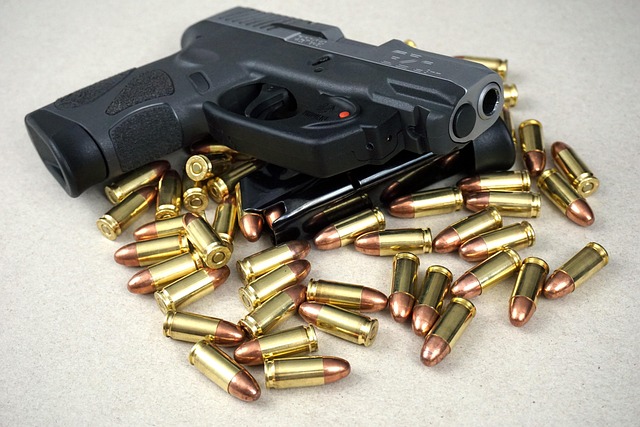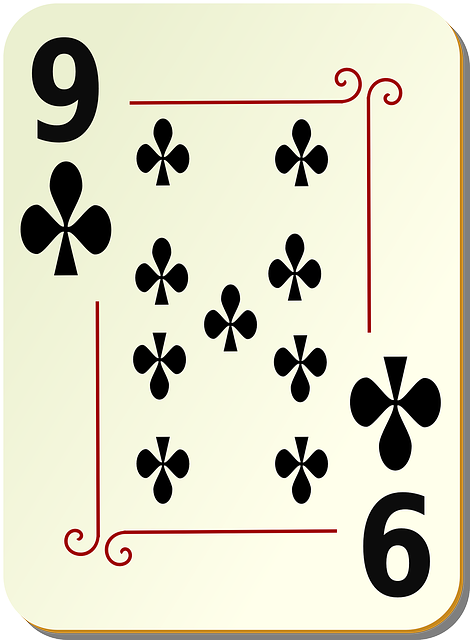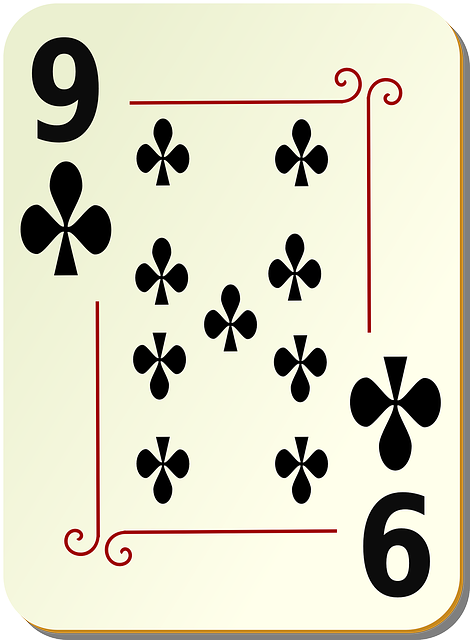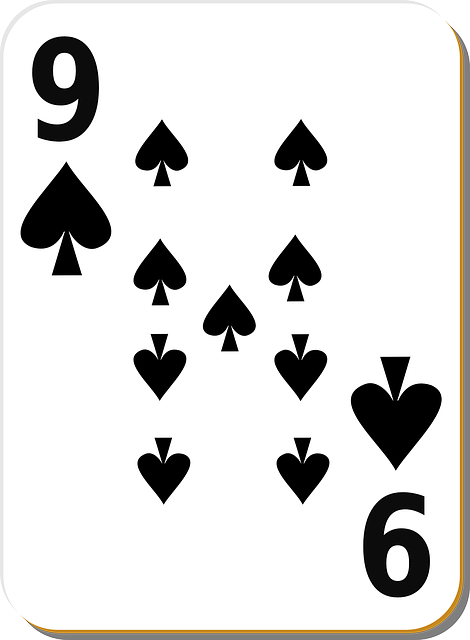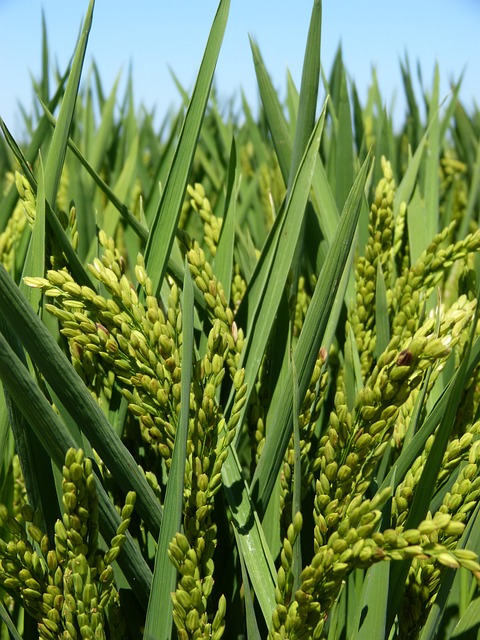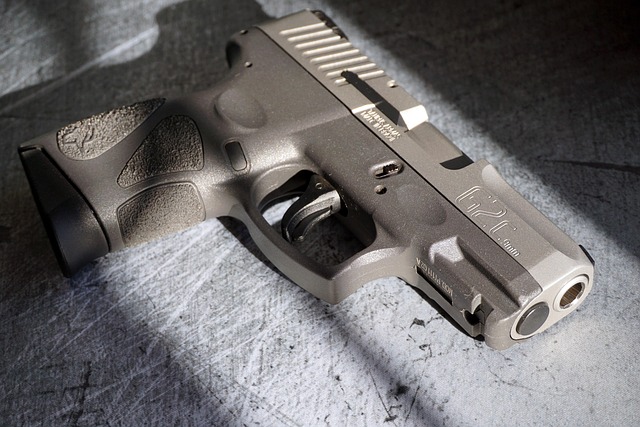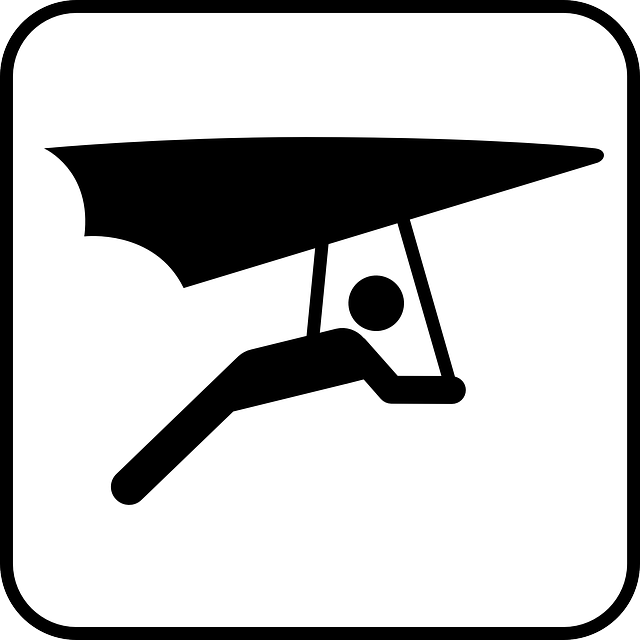Delta-9 THC vs CBD: Unraveling Differences for Smart Choices

Delta-9 THC and CBD, both cannabinoids in cannabis, have distinct effects. Delta-9 THC, responsible for marijuana's high, interacts with brain receptors, altering mood and perception but can cause anxiety. CBD, non-intoxicating, offers therapeutic benefits like reduced anxiety, pain relief, and inflammation without mind-altering effects. Beginners should start with low doses, consider strain potency, consumption method, and personal sensitivity. Individuals with health conditions should consult healthcare professionals before using Delta-9 THC. When deciding between the two, make an informed choice based on desired effects and specific needs.
Delta-9 THC and CBD, two prominent compounds in cannabis, offer distinct experiences. Understanding the differences between them is crucial for making an informed choice that aligns with your needs. This article delves into the effects of delta-9 THC, explores the benefits and potential use cases of CBD, compares these two compounds side by side, and provides factors to consider when deciding which one suits you best. Let’s navigate this fascinating world of cannabis to find your perfect fit.
- Understanding Delta-9 THC: Effects and Considerations
- Exploring CBD: Its Benefits and Potential Use Cases
- Comparing the Two: Key Differences and Similarities
- Making an Informed Choice: Factors to Consider for Personal Use
Understanding Delta-9 THC: Effects and Considerations

Delta-9 tetrahydrocannabinol (THC) is the primary psychoactive compound found in cannabis, responsible for the “high” associated with marijuana use. When consumed, delta-9 THC interacts with our endocannabinoid system, which plays a role in regulating mood, appetite, memory, and pain perception. This interaction can lead to various effects, including altered perception, increased heart rate, relaxation, or even anxiety and paranoia, depending on individual tolerance and dosage.
Understanding the potential impacts of delta-9 THC is crucial, especially for those new to cannabis. Factors like strain potency, method of consumption (smoking vs. edibles), and personal sensitivity can significantly influence the experience. It’s essential to start with lower doses and gradually increase to mitigate risks of adverse reactions, such as anxiety or panic attacks. Additionally, individuals with specific health conditions or those taking medications should exercise caution and consult a healthcare professional before incorporating delta-9 THC into their routine.
Exploring CBD: Its Benefits and Potential Use Cases

Cannabidiol, or CBD, is a non-intoxicating compound derived from the cannabis plant. It has gained significant attention for its potential therapeutic benefits. Unlike Delta-9 THC, CBD does not produce a euphoric high, making it an appealing choice for individuals seeking relief without mind-altering effects.
The versatility of CBD is another notable aspect. Studies suggest it may aid in managing anxiety, pain, and inflammation. It’s often used topically for skin conditions or ingested for general wellness. Moreover, its non-addictive nature makes it a safer alternative for chronic use compared to Delta-9. This makes CBD an increasingly popular choice for those looking to explore natural solutions for various health concerns.
Comparing the Two: Key Differences and Similarities
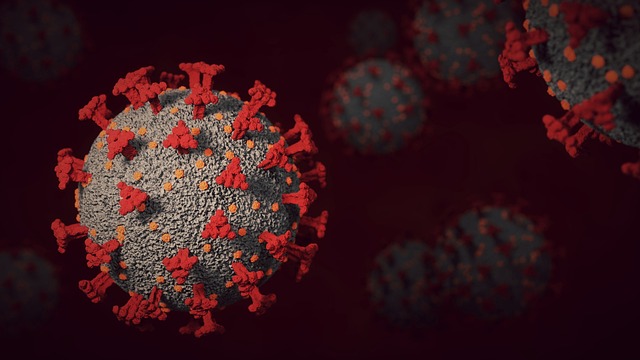
Delta-9 THC and CBD are both cannabinoids found in cannabis plants, but they have distinct characteristics and effects on the body. Delta-9 is responsible for the psychoactive high associated with marijuana use, affecting mood, perception, and cognitive functions. In contrast, CBD (Cannabidiol) doesn’t produce any intoxicating effects and has gained popularity for its potential therapeutic benefits. It interacts with the endocannabinoid system to promote relaxation, reduce inflammation, and alleviate chronic pain without altering consciousness.
While both compounds share a similar chemical structure, their differences lie in how they interact with our bodies. Delta-9 binds directly to the CB1 receptors in the brain, leading to its psychoactive properties. On the other hand, CBD interacts indirectly through other receptors and pathways, making it non-intoxicating. This key difference has led to an increase in CBD’s popularity for those seeking relief from various ailments without the mental impairment associated with Delta-9 consumption.
Making an Informed Choice: Factors to Consider for Personal Use

When considering Delta-9 THC or CBD for personal use, it’s crucial to make an informed choice based on several factors. Firstly, understand that Delta-9 THC, the primary psychoactive compound in cannabis, offers a range of effects including relaxation, pain relief, and heightened senses, but it can also induce anxiety, paranoia, and sleep disturbances in some users. On the other hand, CBD (Cannabidiol) is non-psychoactive, meaning it won’t get you high, and is known for its potential therapeutic benefits like reducing inflammation, alleviating stress, and promoting better sleep without side effects commonly associated with Delta-9 THC.
Consider your lifestyle, tolerance levels, and specific needs. If you’re looking for a relaxing evening after a long day, Delta-9 THC might be suitable. However, if you’re concerned about cognitive impacts or seeking a natural approach to managing stress and pain, CBD could be the better option. Research different strains and their cannabinoid profiles, consult with a healthcare professional, and try samples to experiment—eventually, you’ll find what works best for your unique needs.
When it comes to choosing between Delta-9 THC and CBD, understanding their distinct properties is key. Delta-9 offers potent psychoactive effects, ideal for recreational or therapeutic purposes, while CBD is non-intoxicating and renowned for its potential health benefits. Both have their unique advantages and considerations. By weighing the pros and cons, considering personal preferences, and consulting experts, you can make an informed decision to harness the power of either Delta-9 or CBD to suit your individual needs.




